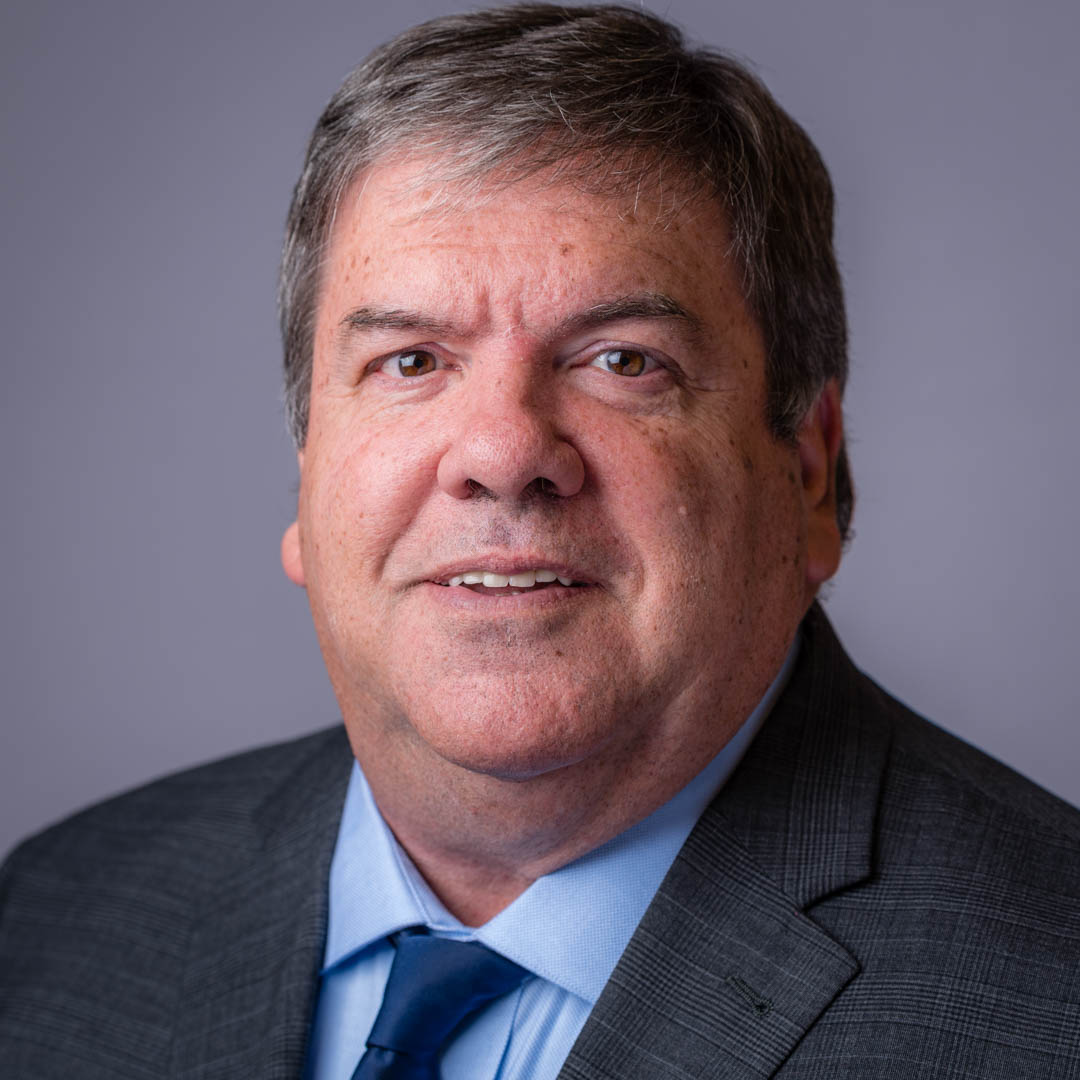A new survey from the Georgia Nurses Association found that four in 10 nurses don't feel safe or equipped to perform their duties amid the coronavirus pandemic.
The percentage of nurses that feel unsafe today is much lower than the 70% that felt the same way about a month ago. Much like similar surveys taken of Tennessee nurses, the availability of personal protective equipment continues to be an area most nurses feel nervous and uneasy about.
Masks, gloves, goggles and other such equipment has been in short supply across the country since the coronavirus pandemic began.
Richard Lamphier, president of the Georgia Nurses Association, said the constant stress nurses are under will not easily go away, even as the state starts its aggressive plan to reopen.
"What has stood out is the stress that the nurses are still under," he said. "I think that's something that's going to be throughout this pandemic for the frontline nurses. The risk, fear and stress of contracting the disease, the stress of bringing it home to their families. That's something as a community we need to be supportive of."
More than 200 nurses responded to the survey in April, and some said the process of handling COVID-19 is a day-to-day work in progress, inconsistent and requiring better communication.
One of the main messages from nurses that stuck out to Lamphier was how unprepared they felt a month ago compared to today.
"They weren't as confident that the facilities were prepared, which is understandable with something like this that comes once every hundred years," he said. "One thing that stood out was the number of nurses that feel their personal protective equipment has improved over time."
Lamphier also said he saw a natural progression of nurses feeling safer as they learned more about the coronavirus alongside other health care workers.
"Knowledge takes the fear out of it," he said. "The better the plan we had in place and with more information, I think that has taken a lot of the fear out of it."
It also helped when more protective equipment started to show up at hospitals, Lamphier said.
"I think that's really attributed to how hard the hospitals and really everybody in the state of Georgia are working to get the frontline staff protected," he said.
Still, with more than 44% of nurses who responded to the survey saying they do not feel well equipped, that leaves room for improvement.
One respondent said her facility is reusing N95 masks and they are making their own gowns and disinfecting wipes. Another nurse said the rules on PPE change on a daily basis and those that are implemented "are not based on what is safe but instead on what's available."
Other nurses said they have been using the same N95 masks for two and three weeks, and one said they have been using the same one since the end of February.
"Cross contamination is inevitable due to the lack of PPE," a nurse wrote on April 17. "The shifts are physically taxing, of course, but the emotional and mental taxation is even worse. Combating an enemy we can't see is terrifying, but we cannot display that in front of an already scared patient. We are all in uncharted territory, and it is emotionally, physically, and mentally troublesome."
Being on the frontline of the pandemic also opens nurses up to exposure. Numbers from the Georgia Department of Public Health show 10% of people who have tested positive for COVID-19 in Georgia are health care workers. Of the more than 2,700 people, more than 81% are female.
Lamphier said the protective equipment issue is a supply-and-demand problem, but he is encouraged by the state and federal government's most recent effort to increase equipment supply.
As businesses and restaurants start to open across the state, health officials in Georgia have warned of a second wave of coronavirus cases that could put hospitals in an even more dire situation months from now.
Harry Heiman, a public health expert from Georgia State University, said in a Facebook Live town hall last week the state would have to know who exactly is infected, where they are and to have the necessary infrastructure in place to do widespread testing.
"To take the next step to reopen the state really requires that we have our arms around the current crisis," Heiman said. "That requires having a lot in place. What the governor outlined was a clear plan to address those things, but he also clearly indicated those things are not currently in place. As a result, most public health experts and health care professionals feel like this is too much too soon and are very concerned."
Lamphier said as residents start to ease back into a new normal, they should take a lot of the same precautions they did during the stay-at-home order.
"It's important for the public to be vigilant as to what the guidelines are about reopening," he said. "Continue practicing social distancing, making sure you wear masks, protecting our most vulnerable populations."
Of the 206 nurses who responded to the survey, 120 said they are caring for a child or an elderly loved one outside of work.
Contact Patrick Filbin at pfilbin@timesfreepress.com or 423-757-6476. Follow him on Twitter @PatrickFilbin.

